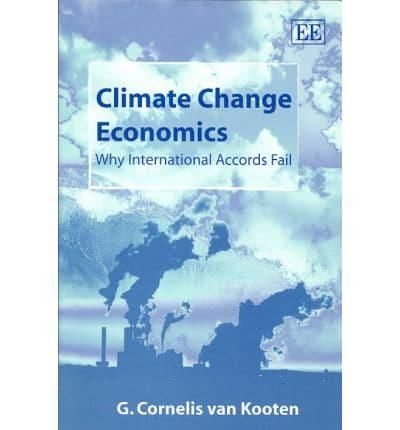Publisher's Synopsis
Although the full extent of the potential damages from global warming remain unknown, scientists have long argued that action should be taken now to mitigate any possible adverse consequences. However, in making such policy recommendations, economic arguments need to be considered as much as scientific ones. This volume examines the appropriate economic incentives for implementing policy to mitigate climate change and then exposes the flaws in current international agreements.
The book begins by providing the economic foundations for understanding climate change. It examines how Kyoto's flexibility mechanism departs from more efficient and less-costly approaches for reducing atmospheric carbon dioxide, and highlights the problems that terrestrial carbon credits pose for emissions trading. Unique case studies of Canada, Japan and The Netherlands indicate that most countries will be unable to meet their own Kyoto obligations. The author then uses an economic analysis of the potential damages to show that even though some countries will experience a detrimental effect from climate change, the majority will actually benefit. In this way, he clearly demonstrates that not only will current policies do little to avert global warming, most countries will also have less incentive to sign up to any future international agreements.
Academics, economists and policymakers involved in the climate change debate will find this succinct yet comprehensive analysis of the economic instruments available for mitigating climate change to be essential reading.










